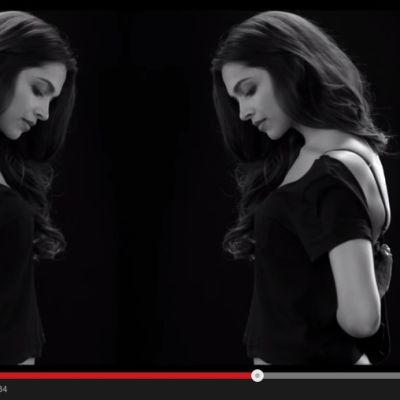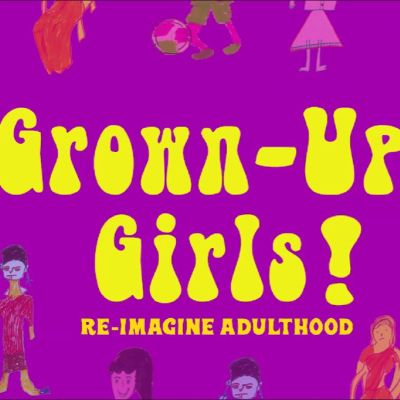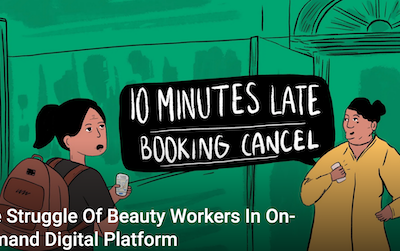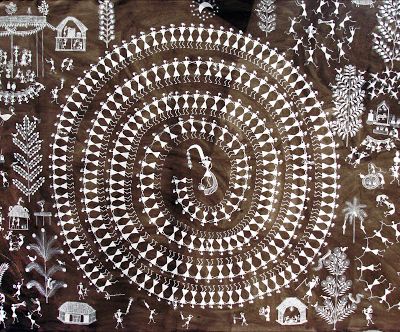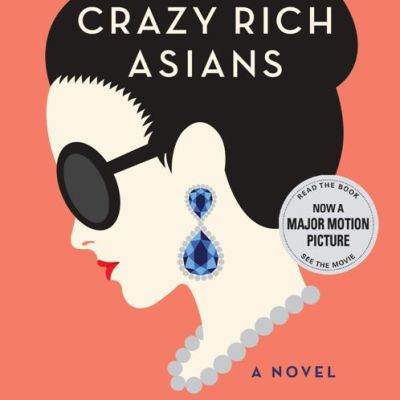Choice
मनुष्यों के बीच के किसी भी तरह के आपसी सम्बन्धों में सहमति का होना, इन सम्बन्धों की मज़बूत नींव की तरह होना चाहिए। हमारे समाज में हम इस ‘सहमति’ देने या ‘ना’ कह पाने के अधिकार पर प्रतिक्रिया के रूप में नयी तरह की हिंसा को देख पा रहे हैं। अधिकारों को प्रयोग करने की इस प्रक्रिया को केवल किसी व्यक्ति द्वारा अपने अधिकारों के प्रयोग के रूप में न देखकर इसे सभी के लिए सामूहिक रूप से किए जा रहे अधिकारों के प्रयोग के रूप में देखा और समझा जाना चाहिए।
हमें इस तरह से ढाला गया है कि तथाकथित ‘विकल्प’ जो हमारे संबंधों को परिभाषित करते हैं, वे भी हमारे लिए हुए विकल्प नहीं बल्कि समाज द्वारा सृजित हैं। हालाँकि, जैसा कि हमने देखा है, इन सभी चुनौतियों के बावजूद, महिलाएँ, जब वे खुद को व्यक्तियों के रूप में महत्वपूर्ण मानने लगती हैं, तो वे अपने परिवेश और परिवार के सदस्यों के साथ बातचीत करने की रणनीति तैयार करती हैं।
India is one of the largest consumers of porn in the world, so much so that Pornhub created a mirror site following Indian government’s ban. Definitely, not all viewers of porn end up committing sexual crimes.
What vindicates the argument that women with disabilities (WWDs) should be deprived of sexual and reproductive healthcare and rights is scary. Harmful stereotypes of WWDs include the belief that they are hypersexual, incapable, irrational and lacking control. These narratives are then often used to build other perceptions such as that WWDs are inherently vulnerable and should be ‘protected from sexual attack’.
They use sports, technology, arts, and media to express themselves and to build the confidence to exercise choice and negotiate decisions about their bodies, health and life.
Dr. Lindsey Doe debunks myths around disability and sexuality, at once carving out space for affirming and inclusive discussions and challenging negative and harmful stereotypes. Emphasising the sexuality of people with disabilities as rich and diverse, Lindsey wonders what inclusive sexual and reproductive health and rights really mean.
Sometimes, life may surprise us with a second chance, a second turn at making the right choice, and sometimes it may not.
Lack of women’s representation in policy-making institutions has allowed men, often with minimal understanding and empathy, to decide what women in sports can or cannot wear. As a result, these policies have ended up undermining women’s comfort as well as agency.
If you live in an urban metropolitan city, you must have seen women dressed up in company uniform, carrying a heavy bag on their shoulders, their attire shouting a brand name with logos all over her. Their bodies become an advertising ground for a company’s marketing. Sometimes, the bag is a portable salon that they carry to their client’s (home), who book the beauty service using a mobile application. These ‘workers’ enroll themselves on the platform company that operates as an intermediary, to get bookings on-demand.
The trouble with the of the origin of families is that no one knows – Kathleen Gough In her 1971…
Could it be that other changes in our lives make it even more difficult to conceive the desire of the ‘other’, specifically of those with whom we don’t share as many conversations, with whom we’ll soon, I expect, lose entirely the ability to speak?
Whether it is family, society, gangs of thugs, or political parties, the threats to women’s freedom to choose in India are many and varied. To the above list, one may add the police and the judiciary as well.
Kwan’s ‘Crazy Rich Asians’ does not just highlight the lifestyle of the segment of Singaporean society that is unimaginable and unattainable to most people, it amplifies that heterosexuality is often not a choice.
While we moved one step forward towards sexual rights by striking down Article 377 of the Indian Penal Code (IPC) and decriminalising homosexuality, we still have a long way to go in changing and challenging the popular psyche and the political and legal narratives around homosexuality and queer families.




